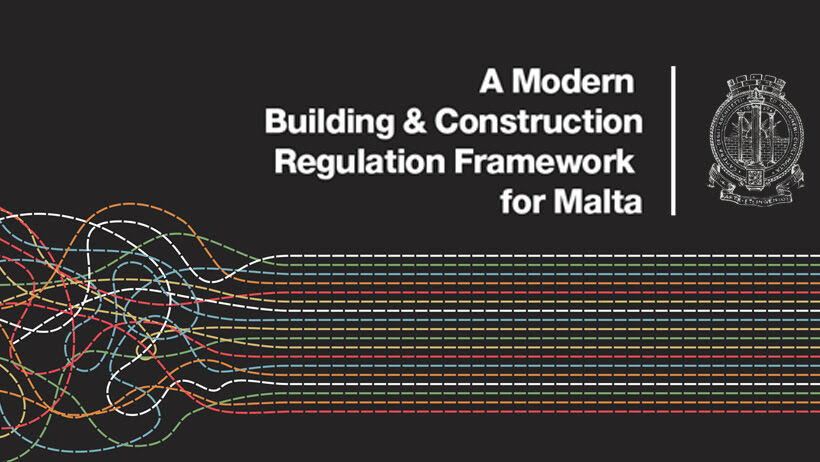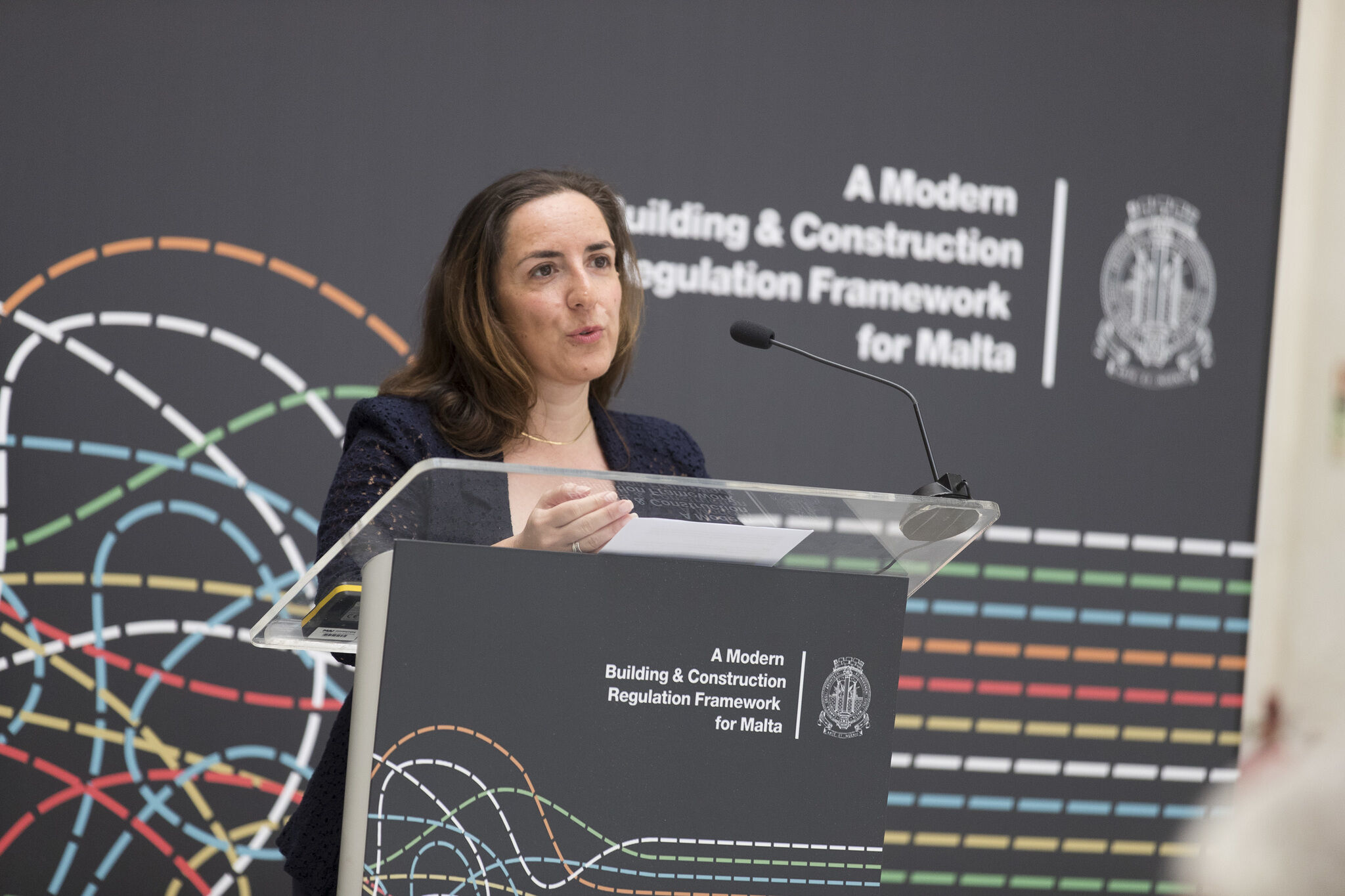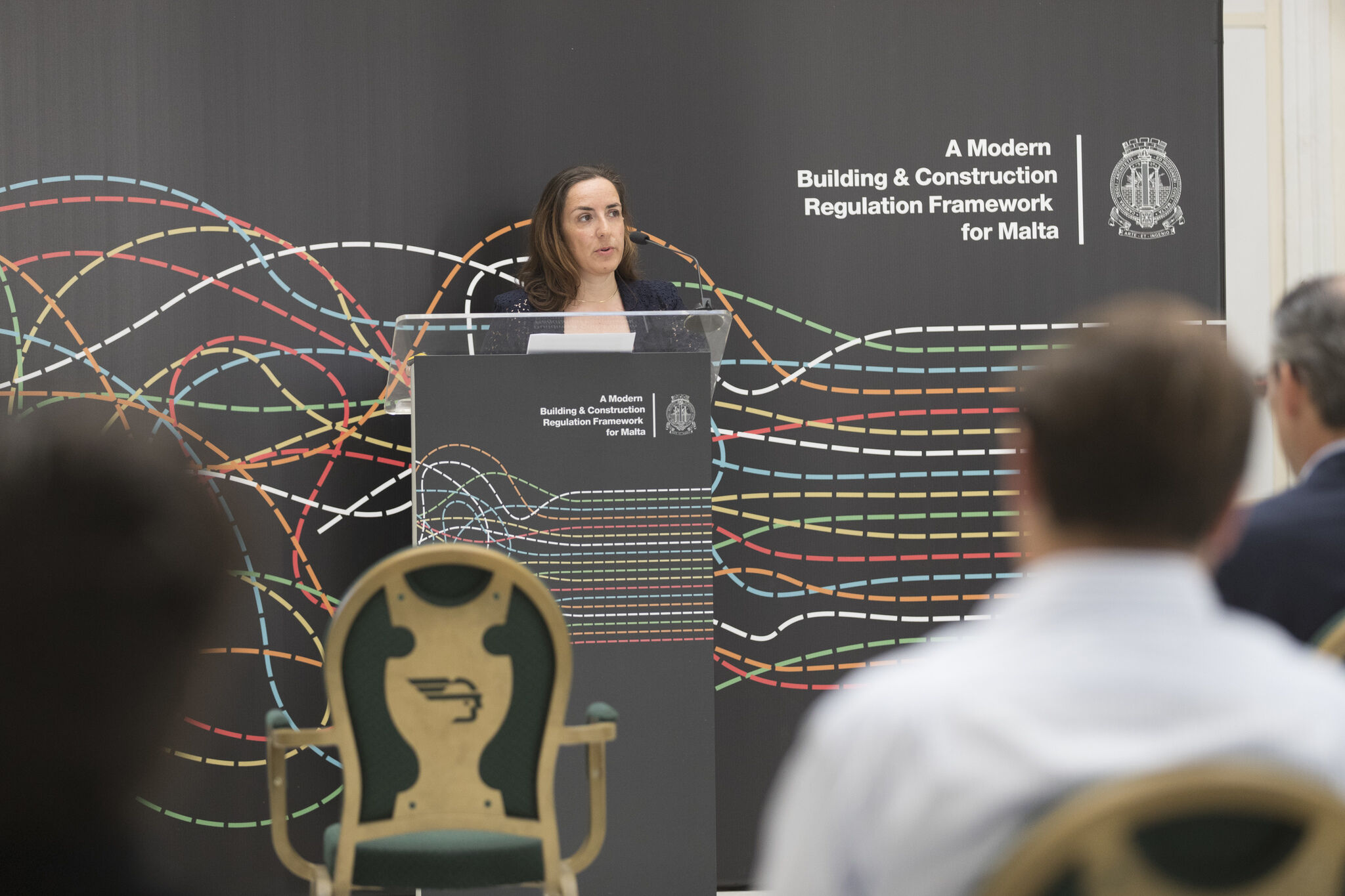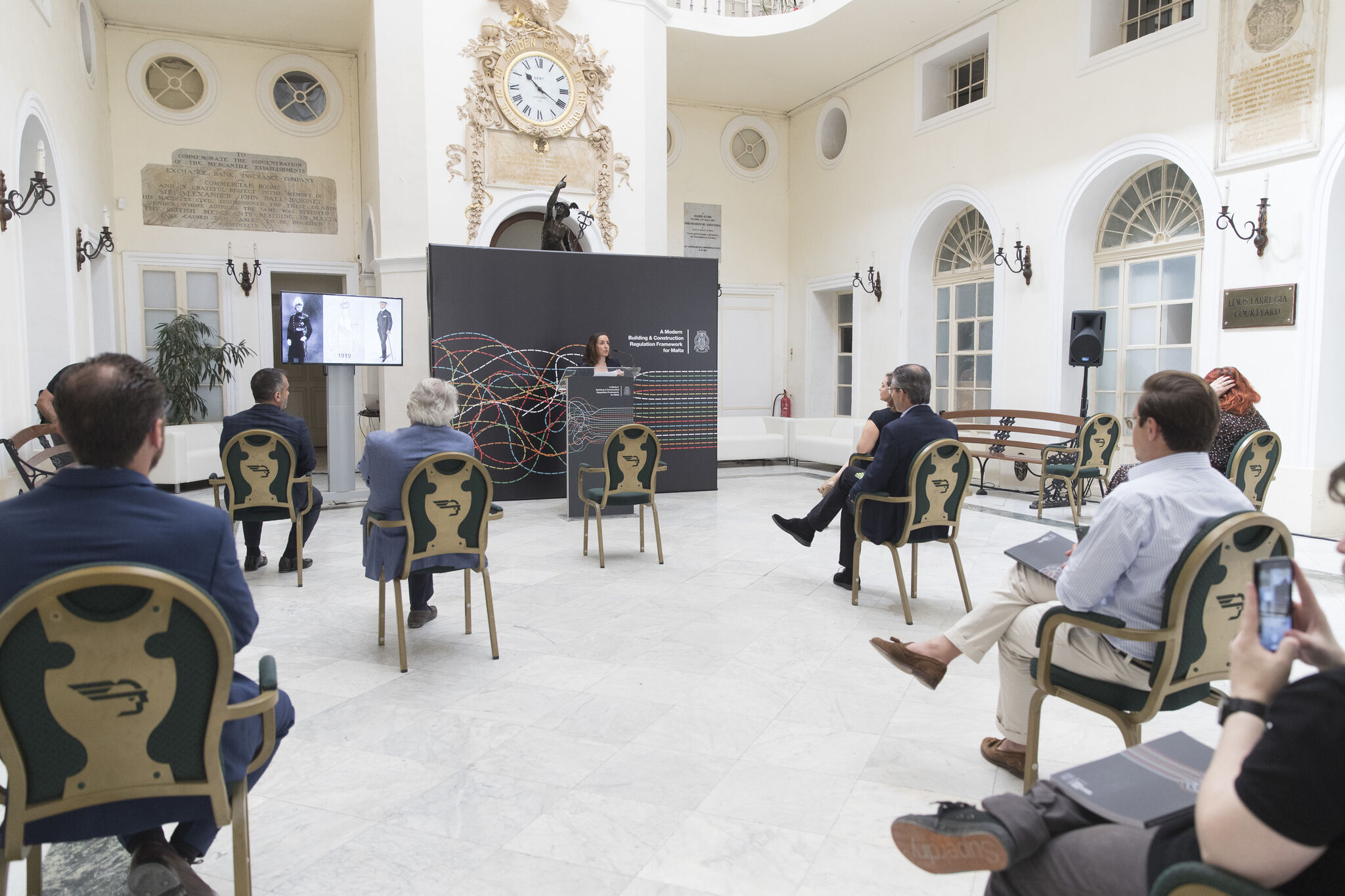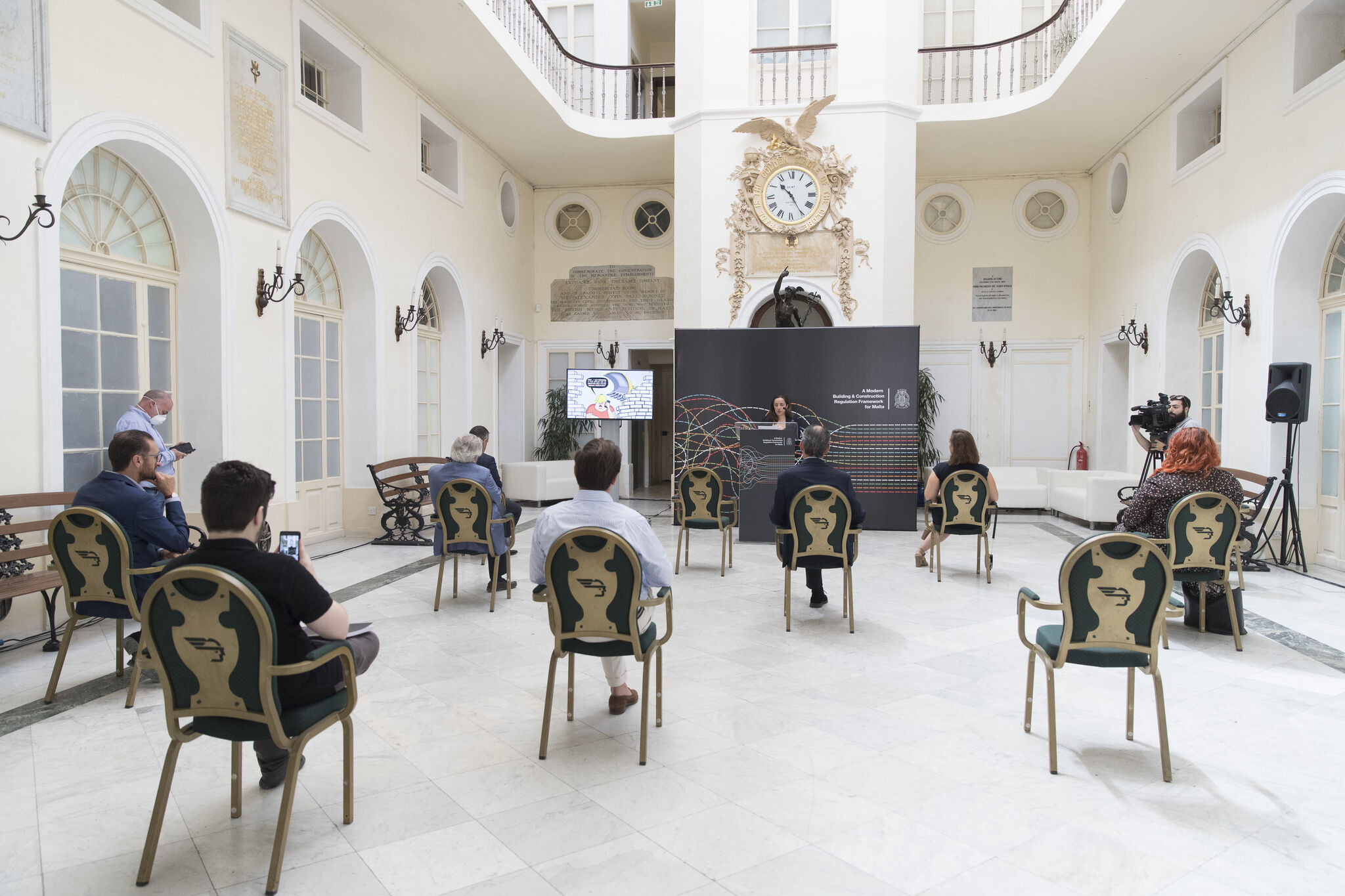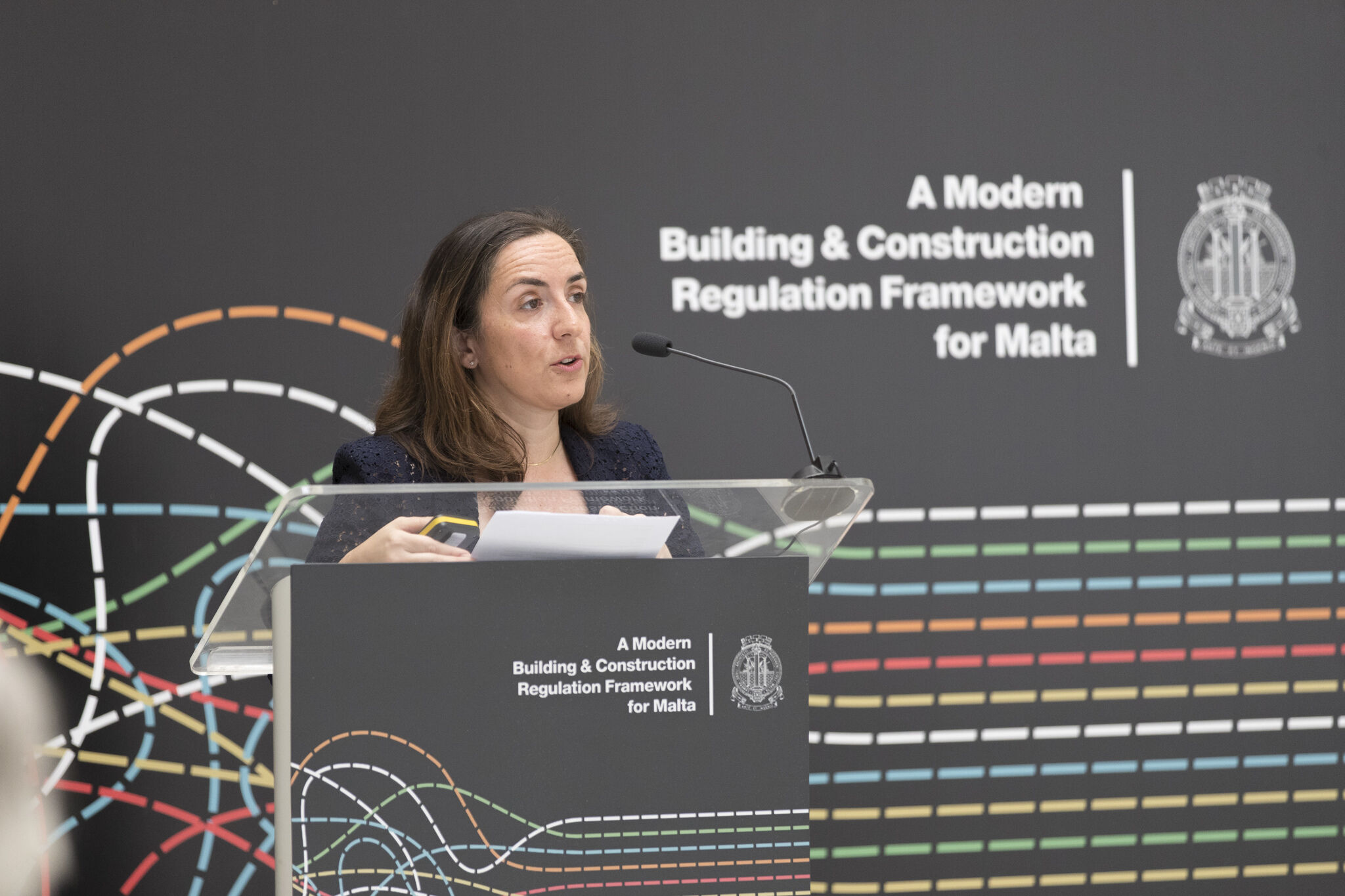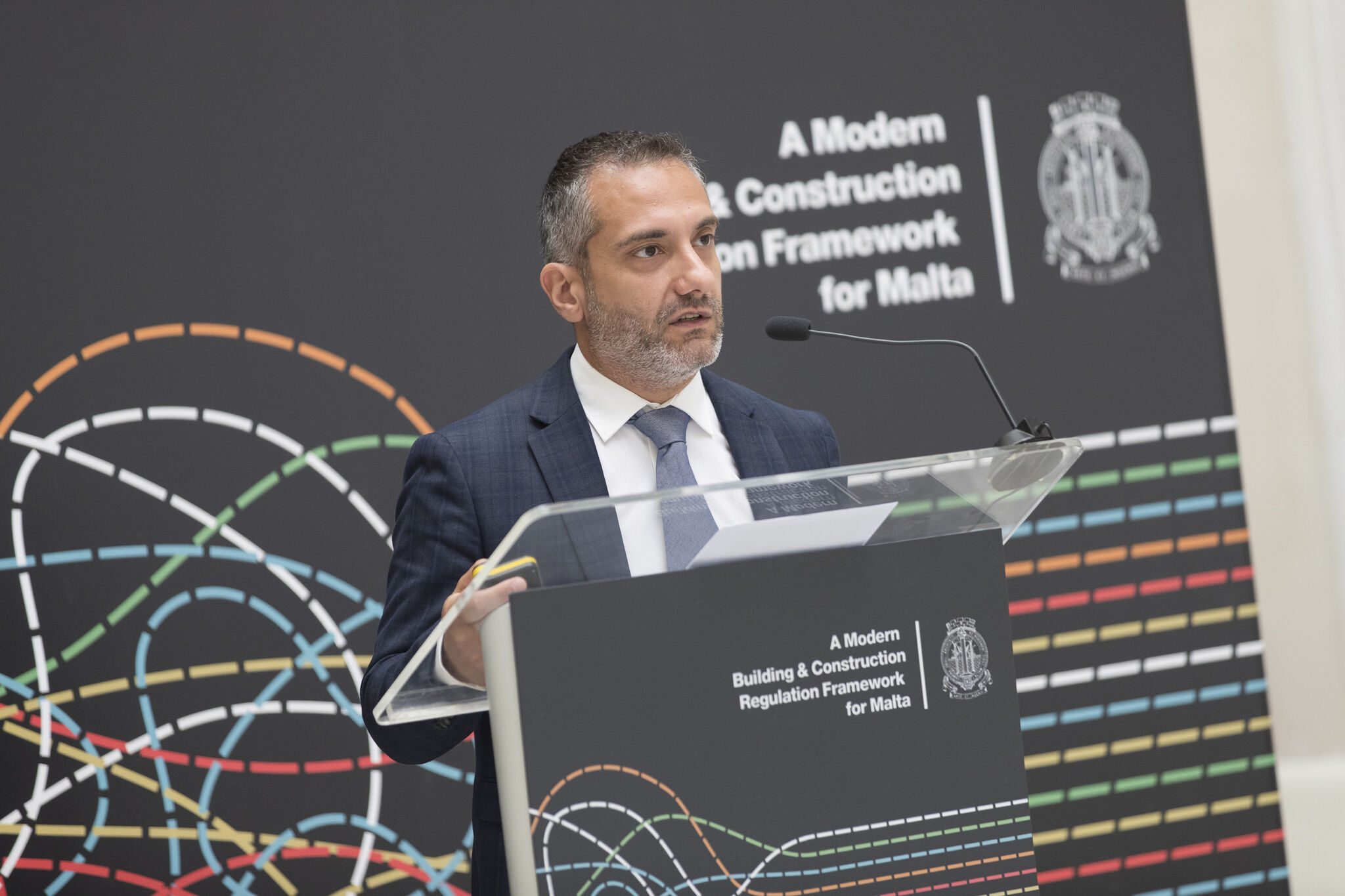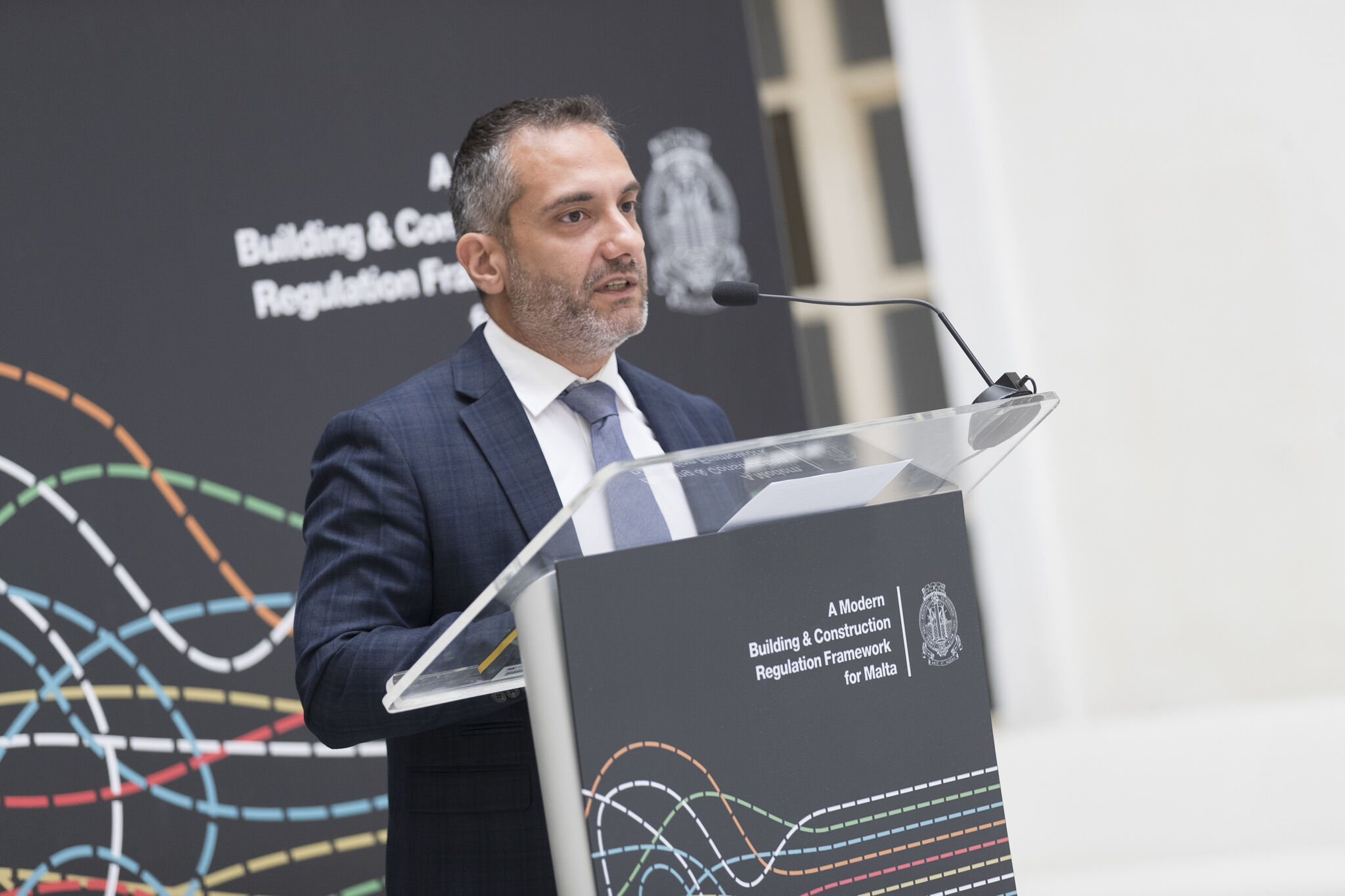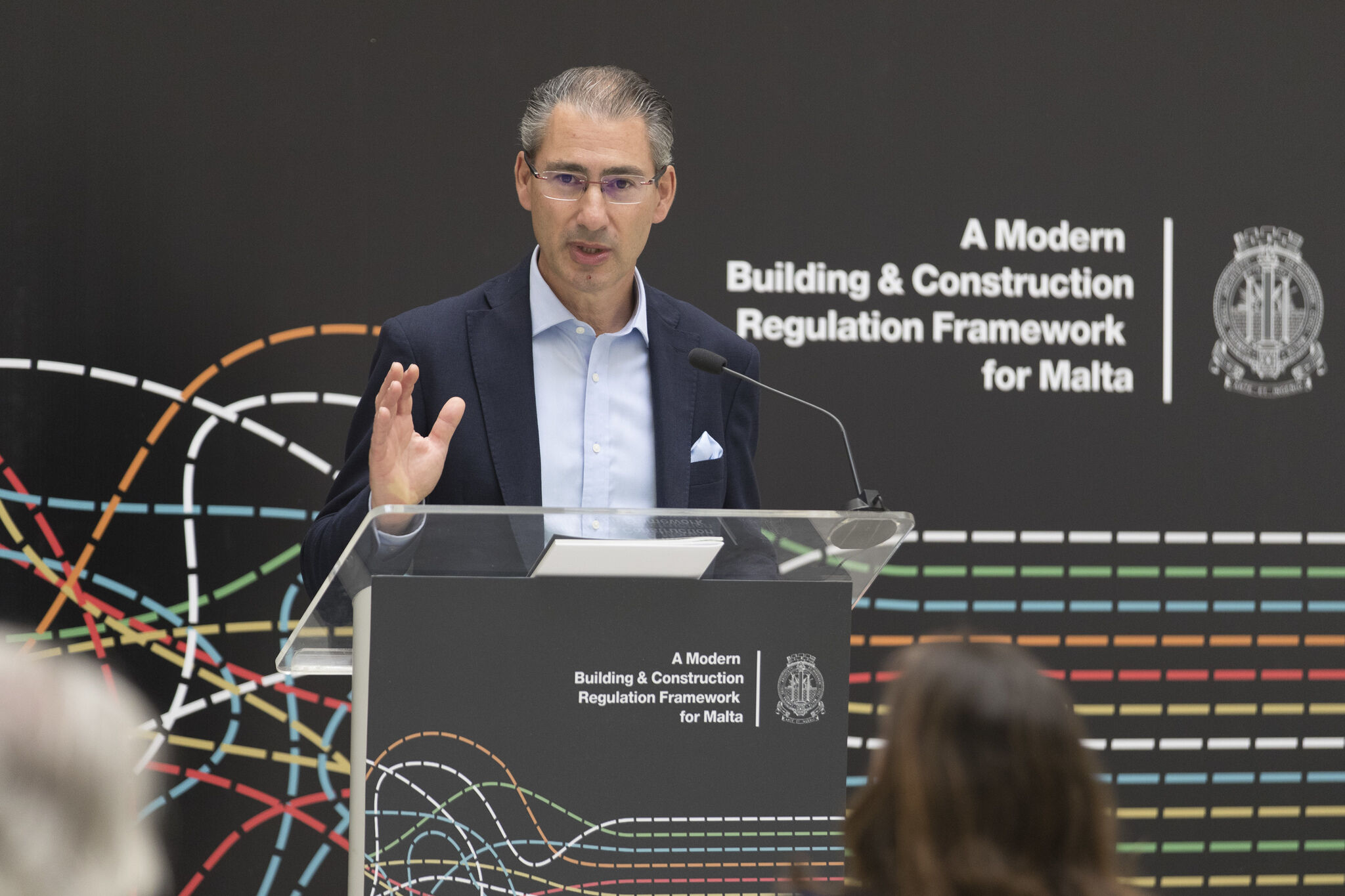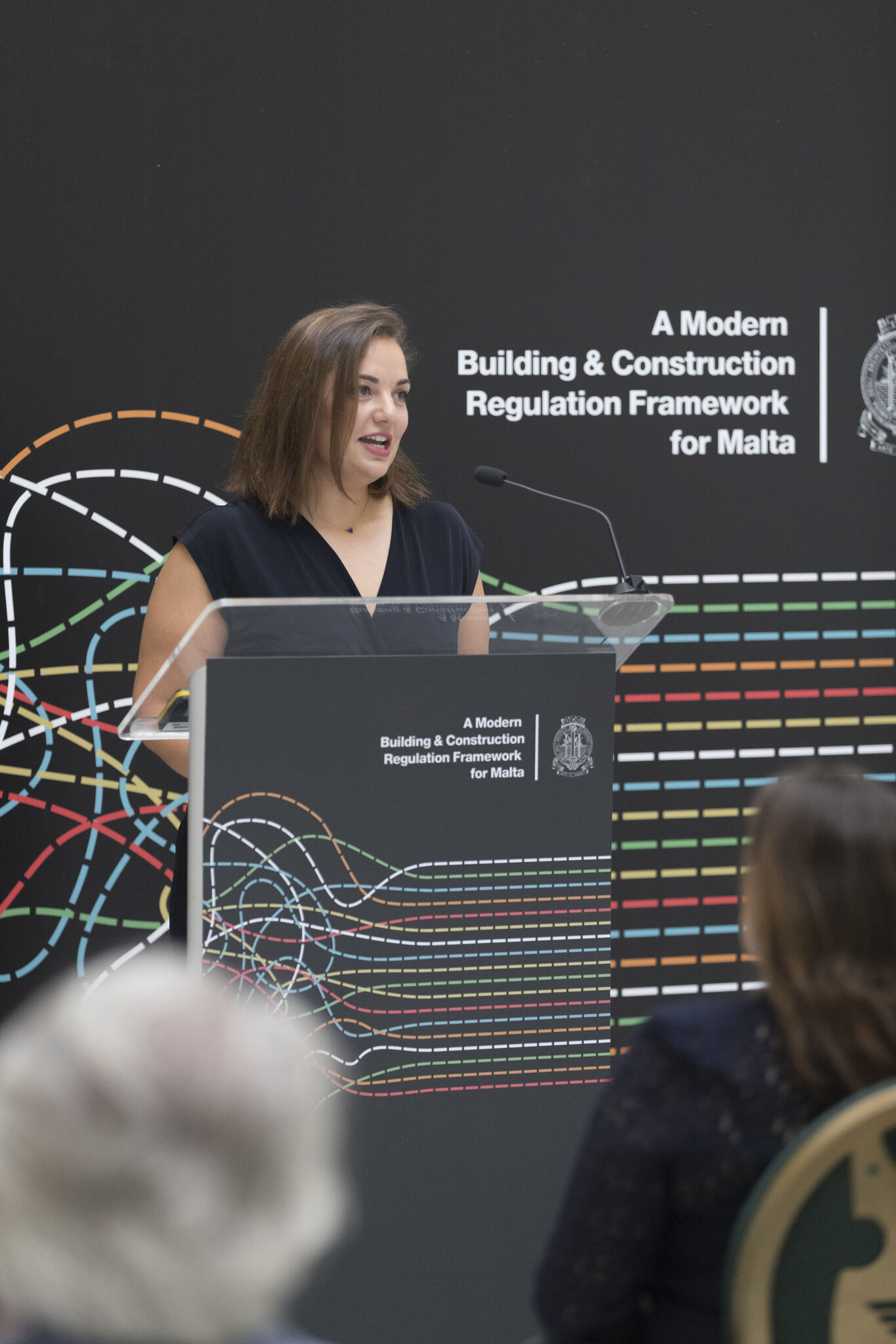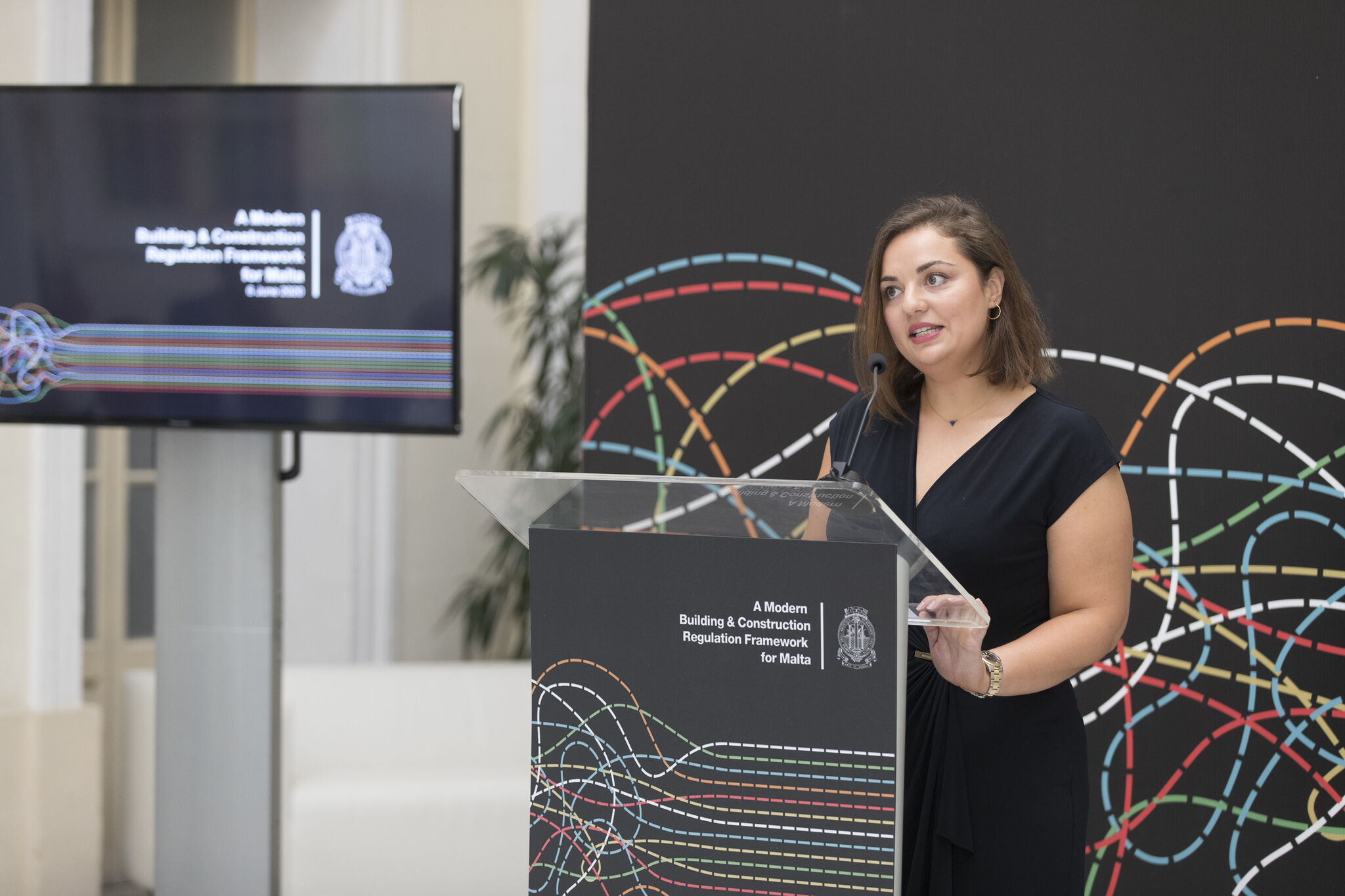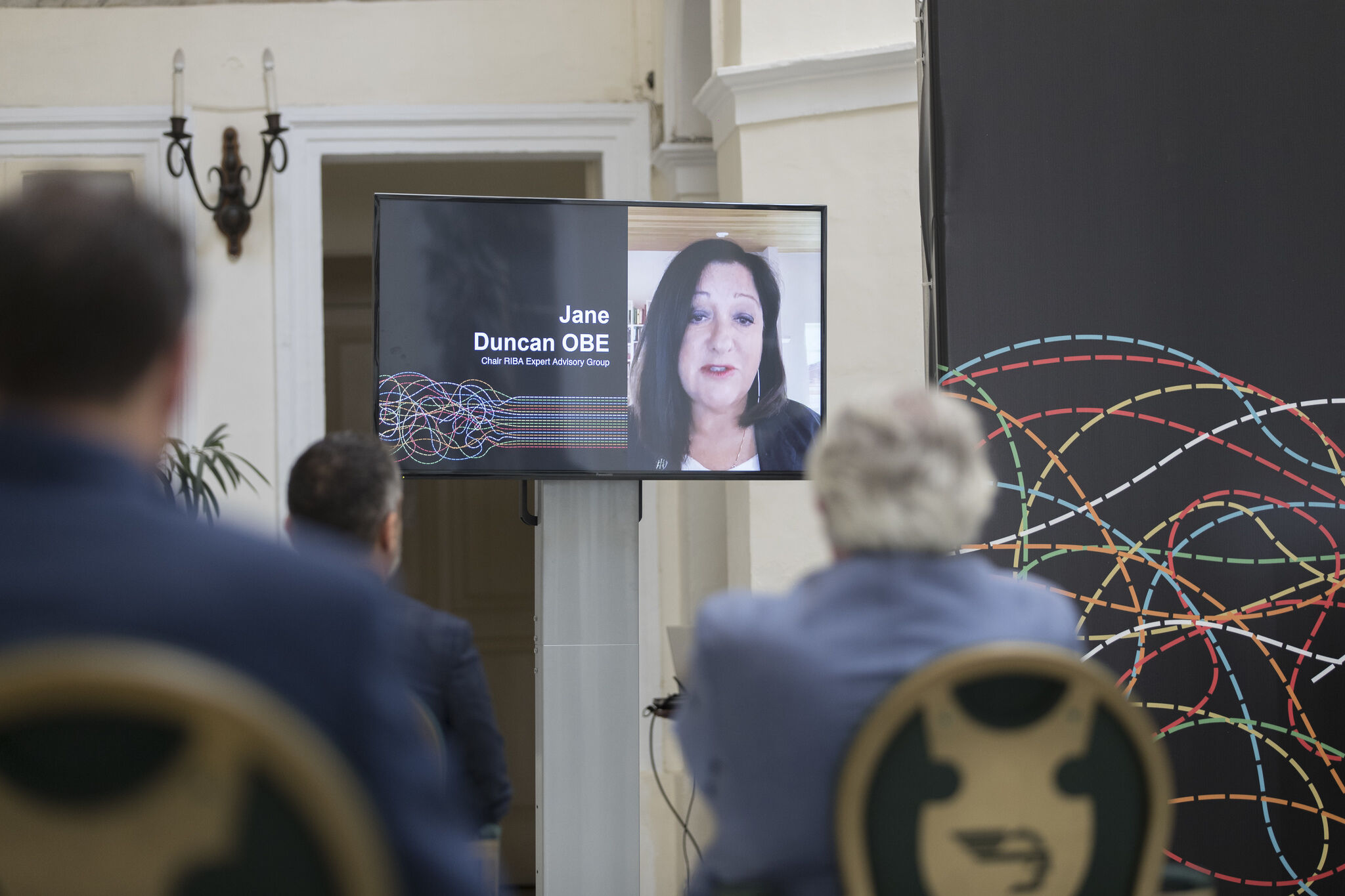CIR 15/20 | Breach of Legal Notice 136 of 2019 – Site Technical Officer fraud
It has come to the Kamra’s attention that a person who is not qualified to take on the role of Site Technical Officer has, on a number of occasions, presented himself to Permit Holders as being qualified to take on such role and subsequently signed the Site Responsibility Form, which was then unwittingly uploaded by the periti responsible for the respective projects.
After being alerted to this matter, the Bulding and Construction Agency (BCA) advised such person that this was unacceptable. Said person, however, persisted in trying to defraud the system by presenting Permit Holders with Forms apparently signed by, to our knoweldge, at least two different periti, however it later transpired that such periti had not signed such Forms, and that their signatures had been copied and used without their consent. This latter fraudulent action has been reported to the BCA for the necessary action to be taken.
Periti are reminded that:
- Only persons who have been authorised by the BCA to provide the service of STO should be indicated on the relevant Forms – the list of registered persons is updated regularly and may be viewed here;
- According to Legal Notice 136 of 2019, as amended, the Site Technical Officer shall be “nominated by the contractor and shall be accepted by the perit in charge of the project”, and that as part of its discussions with Government, the Kamra had only agreed to the requirement for periti to “accept” the STO as long as a list of registered persons is published and regularly maintained – refer to point 3.1.2 of the Letter of Commitment which Government presented to the Kamra in August 2019, and further elaborated in Ciircular 14/19.
In view of this situation, it is recommended that periti go through their active projects and ensure that the appointed STOs are in fact indicated on the STO register, and that such persons are aware of being indicated in this role. In case of any anomalies, periti are requested to immediately inform the BCA, copying the Kamra tal-Periti, for further action.
The Council cannot stress enough the importance of adherence to legislation, in view of the serious consequences that may arise in cases of incidents on construction sites.
Yours sincerely,
Simone Vella Lenicker
President

